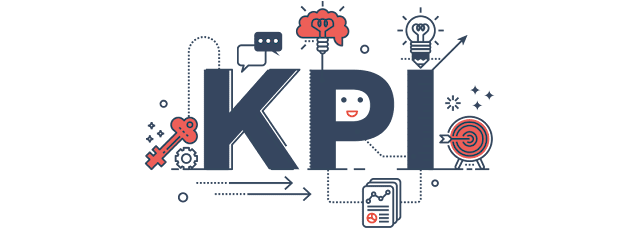What are the different types of ERP?
Consider running your business across different countries apart from Ireland where you can automate, integrate, and house all of your company's activities and information in a single location. Your business may then gather, manage, analyze, and exchange data and information in real-time across departments.
Wonderful news! When you adopt an ERP Software system, you can own the globe. However, only the proper one can alter your company. There are several ERP systems and modules available; it is critical to understand your requirements before using an ERP system.
DRI has 40 years of expertise installing ERP systems and is ready to assist you in determining the best ERP system and features for your needs.
Let's look at the many sorts of ERP systems and what they do. Don't worry if you don't see what you're looking for - ERP systems are flexible and adaptable, so we can work with you to find the appropriate solution.
Enterprise Resource Planning (ERP) is a method of combining corporate data and procedures into a single system. ERP systems generally consist of hardware, software, and a process documentation component. A company's ERP system is usually linked with a number of other aspects of the company's operations.
An ERP system may, for example, encompass manufacturing, quality inspection, manufacturing engineering, parts ordering, accrued expenses, or human capital. The sort of system that is most suited for your business will be determined by the size of your company and the functions that will support your company's needs.
ERP software systems include a number of modules, and while each firm has different needs, most Business Process Mapping include the following:
❖ Accounting functions such as general ledger, accounts payable/receivable, budgeting, and cash management are all available.
❖ HR features such as hiring and payroll, as well as integration with HR and payroll systems
❖ Basic sales and customer management capabilities, as well as connection with CRM solutions
❖ Purchase order management and purchasing processes
❖ Picking, packing, and shipping software is included in inventory and warehouse management software.
❖ Distribution firms can benefit from advanced supply chain modules such as demand planning and transportation management.
❖ Manufacturing businesses might benefit from production modules that contain a bill of materials, manufacturing resource planning (MRP).
❖ Reporting and analytics for all of the ERP solution's modules
With the assistance of this article, we now have a better grasp of what ERP software is. Let's have a look at the various types now. The category is difficult to identify due to the fluidity of ERP dynamics and the range of factors influencing it. ERP may be classified as follows to ease classification:
1. ERP Generalist
Many legacies and cloud ERP Project Management are all-purpose. They adapt to processes in a variety of industries. These systems are highly customizable and integrated to meet the needs of various industries. It is also unsurprising considering the fact that its big market generalist Enterprise Resource Planning (ERP) suppliers are also among the largest. NetSuite ERP is one example of this sort of ERP solution.
2. Open-Source ERP
Open-source ERP systems account for just a small portion of the overall ERP market. Companies with in-house IT teams, on the other hand, may use systems like Odoo ERP to create and connect their apps to the ERP. Because the ERP may churn out highly customizable procedures, open-source enhances usability and user acceptance for developers.
3. Vertical ERP
These are ERPs that are specialized in a certain industry. Vertical ERP suppliers are frequently startups or small businesses that aim to specialize in a particular industry, such as construction, supermarket distribution, or retail fashion. Microsoft Dynamics AX is one of the most well-known instances of this platform.
These are cloud or on-premise ERP solutions that are available off the shelf. Frequently, the ERP is modularized with less functionality. Small business ERPs such as PeopleSoft service one or two business processes and leave the others out, rather than offering a fully integrated system. For example, it simply includes HRM and accounting operations, with CRM, inventory, and supply chain management as add-ons. Small company Enterprise Resource Planning (ERP) is sometimes known as lightweight ERP because of this.
Conclusion
Enterprise Resource Planning (ERP) is critical in determining the direction of the business. The most important thing for a company with high growth aspirations and engagement is to plan and execute. You must be able to keep up with the ever-changing technology developments in the face of more severe commercial rivalry.



Thanks for sharing such an informative Article. I really Enjoyed. It was great reading this article. Keep posting more articles on
ReplyDeleteBig Data Solutions
Advanced Data Analytics Services
Data Modernization Solutions
AI & ML Service Provider
Informative and helpful Article. Really good work. Appreciate it. You might be looking for Best ERP Software in Bangalore
ReplyDeleteNice post
ReplyDeleteERP Development
Very informative blog, thanks for sharing. Best customized erp software company in chennai
ReplyDeleteThanks for sharing nice blog .erp software in chennai
ReplyDeleteVery nice information about types of ERP. Manufacturing ERP software is also available which helps in enhancing production.
ReplyDelete